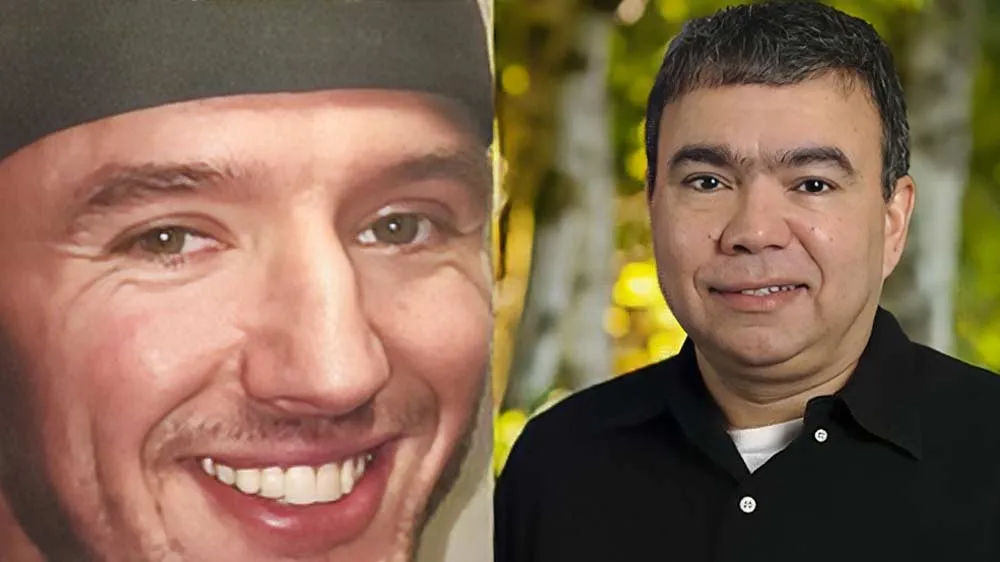November 18, 2010
Koop: AIDS is the 'forgotten epidemic'
Kilian Melloy READ TIME: 2 MIN.
Calling it the "forgotten epidemic," former Surgeon General C. Everett Koop urged Americans to end complacency about AIDS and put the deadly disease back on the radar screen.
Koop, the bearded physician who sounded the alarm against AIDS nearly three decades ago, joined other doctors Wednesday at a panel discussion on the epidemic, as scientists and medical professionals prepared to open a national summit on the disease.
While the number of new HIV infections has remained relatively stable, Koop says it is still far too high. An estimated 56,300 Americans become infected with HIV, the virus that causes AIDS, each year.
"This is not the time to declare victory," said Koop, who's 94. "The war against HIV/AIDS is far from over."
The growing sense of complacency, Koop said, is "as dangerous as the irrational fear in the early days of the AIDS controversy."
During the panel discussion, Koop talked about sending pamphlets to more than 100 million American households in 1988 to educate people about how the disease was spread, who was at risk and what people could do to protect themselves.
"It is vital," he said, "to give Americans the facts and to do it in plain English."
Koop was a leading advocate for the use of condoms as the AIDS epidemic erupted in the 1980s.
Today, the Centers for Disease Control and Prevention estimates that more than 1 million people are living with HIV in the United States. One in five of those with HIV is unaware of his or her infection. And more than 18,000 people with AIDS die each year.
Of particular concern, said the CDC's Kevin Fenton, are higher infection rates among gay and bisexual men, African Americans, and Hispanics.
Fenton and John Bartlett of Johns Hopkins University both urged better education efforts and routine HIV screening for adults and adolescents. Routine HIV testing would go a long way toward combatting the epidemic by leading to earlier access to treatment and limiting the spread of the virus, they said.
More doctors need to be offering routine screening, said Bartlett. And more patients, said Fenton, need to be demanding a test.
Koop will address the 2010 National Summit on HIV Diagnosis, Prevention and Access to Care on Thursday in Maryland.
Kilian Melloy serves as EDGE Media Network's Associate Arts Editor and Staff Contributor. His professional memberships include the National Lesbian & Gay Journalists Association, the Boston Online Film Critics Association, The Gay and Lesbian Entertainment Critics Association, and the Boston Theater Critics Association's Elliot Norton Awards Committee.







